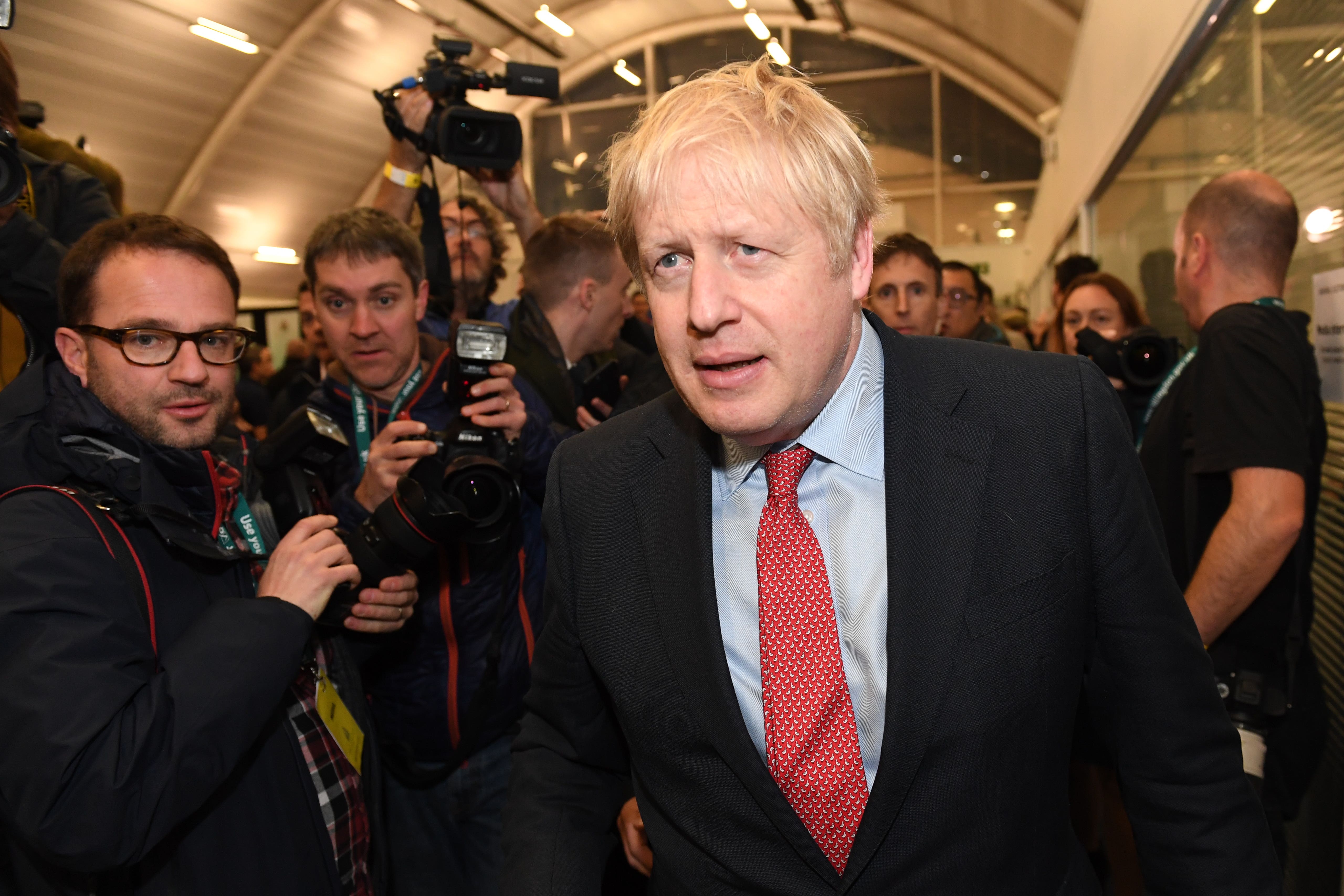What the ruling over Boris Johnson’s Covid WhatsApps says about government communication
Downing Street has failed in attempts to keep the messages secret, writes Sean O’Grady. So what lessons can we take?


The government has lost its legal battle with the Covid inquiry over its refusal to hand over Boris Johnson’s unredacted WhatsApp messages, notebooks and diaries. The Cabinet Office launched legal action over Covid inquiry chair Baroness Hallett’s order to release the documents – arguing that the government should not have to hand over “unambiguously irrelevant” material. The tactic failed.
What happens now?
The WhatsApp messages and other material will be handed over to Hallett’s team on the official independent UK Covid-19 Inquiry. They were probably always going to end up there, or even in the public domain, because Johnson was, after initial resistance, determined to surrender them.
This does not mean that the whole lot will be dumped on a server, Wikileaks-style, for the entertainment of the nation. However, in due course, the inquiry may publish some of the material as part of the evidence underpinning its report and recommendations. That will be some distance away.
Meantime, we await Johnson’s own oral evidence to the inquiry, under oath.
The government doesn’t have much luck in court, does it?
No, and that’s probably good, at least in this case. In the end, the judges agreed with their former High Court colleague, Judge Heather Hallett as was, that she was entitled to see the documents under the law and the terms of reference she was given.
Without them she and her team could not “be in the room”, so to speak when the key decisions on lockdown and so on were taken, and they wouldn’t be able to understand properly the other, extraneous pressures on the government machine. Indeed Hallett might have concluded she couldn’t discharge her duties in such circumstances.
A further wider political point is that any suggestion that information is being suppressed would undermine the credibility of the inquiry and undermine its authority – and feed dangerous anti-lockdown and anti-vaxxer conspiracy theories.
Is this all to undermine Johnson, as he might think?
No. The reluctance of the Cabinet Office to be open and transparent may have more to do with protecting any candid remarks by Rishi Sunak during the period under review when he was chancellor and involved in all the important decisions. One can imagine who Sunak might have been unkind about.
Does this destroy ministers and officials being able to talk freely?
A bit... but the Freedom of Information Act and a generally leaky political system are also powerful factors. There’s a strong case for ministers and their advisers being able to enjoy between themselves wide-ranging and creative discussion of policy options, honest assessment of challenges and personalities, and even some fruity language as they let off steam.
It seems obvious that if their most intimate discussions involving colleagues are about to be splashed all over the media they’ll be needlessly timid and curtailed in what they say – and potentially find ways to circumvent proper procedures, a perverse outcome. The public have a “right to know”, but also for their politicians to be honest with each other.
It’s also fair to add that the leaking of embarrassing information has to be accepted by those in public life as an occupational hazard – and indeed oftentimes an instrument of control and means of communication. Hence the rise of the special advisers and the spin doctors.
What can ministers and civil servants do now?
There’s always a way. According to recent reports, Sunak uses Pilot V “erasable” pens on official documents and in government meetings, which doesn’t sound encouraging. Downing Street commented that pens were provided by the civil service and were widely used across Whitehall, including by the permanent secretaries of departments. That may be even worse news for inquisitive members of the public and historians alike.
It was Tony Blair who said that the Freedom of Information Act was his biggest mistake in government, and even before it was implemented he and his advisers became notorious for working in informal ad hoc groups beyond the formal system of minuted cabinet committees.
Indeed, in what now seems a quaint reminder of a bygone era, Blair’s government used sticky yellow Post-it notes on documents, easily detached before they were anywhere near the National Archives.
In the Tory years, there were instances of people such as a Dominic Cummings and Michael Gove using their personal email accounts for some communications.
Behind that, of course, generations of politicians, officials and indeed journalists have exchanged gossip, facts, rumours and more besides in private, unrecorded conversations. And, whatever the rules say, they always will.



Join our commenting forum
Join thought-provoking conversations, follow other Independent readers and see their replies
Comments